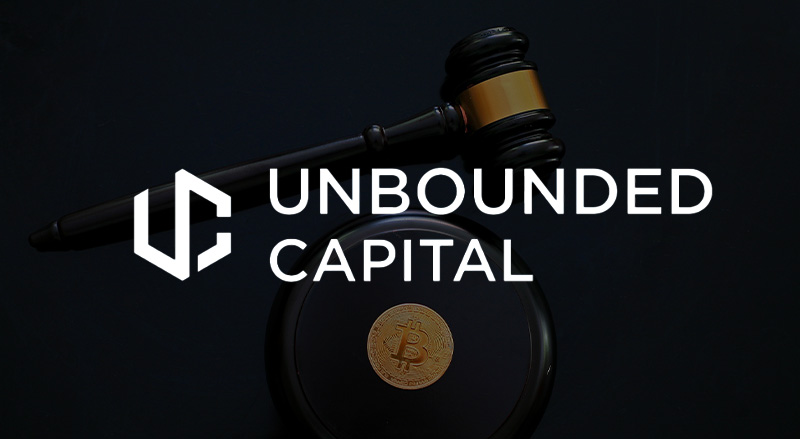The U.S. government has researched and sought to understand blockchain technology for over a decade. However, there is still an ongoing debate about where exactly the future of money is heading in the country, says Rosie Rios.
Rios is the former Treasurer of the United States and is the current CEO of Red River Associates, an investment management consulting firm. She also co-hosts Unicorn Hunters, a reality series focused on pre-IPO investments.
Speaking at the recent Unbounded Capital Summit in New York, Rios said that when she was in Treasury there were discussions around winding down and ending traditional fiat notes and coins for good. However, this hasn’t come to pass and the opposite has happened as more coins and notes have been put into circulation.
‘I think the takeaway from that is that consumer behaviour is the hardest to change. In this case, it really was about ‘optionality’ – people wanted more options. And it continues to be in demand.’
Rios said that ultimately it is this ‘optionality’ that will drive blockchain adoption going forward, especially among the younger generations. ‘It’s all about ease of use and access on your phones,’ she said.
The blockchain train has left the station
Despite being a big proponent of optionality and driving blockchain adoption, Rios said that there must be ‘guardrails’ in place to ensure that investors are not taken advantage of.
‘There has to be a framework and tracks in place in order for the train to move forward. Again, this is where it is hard for the government because we are not always in the first car. In fact, we are usually in the caboose trying to catch up.’
‘But I do believe in optionality and that financial inclusion access – the train has already left the station and it is us that have to catch up.’
Rios highlighted Tornado Cash, a digital assets company, which was recently in the headlines after being sanctioned by U.S. regulators. The cryptocurrency mixer allows users to move their tokens around anonymously. But federal regulators say cybercriminals have used the service to launder money.
How blockchain regulation should work going forward
Rios said that if she was ‘king for the day’, she would ensure that regulatory discussions around blockchain and digital assets would be taking place at a much higher level every month.
She pointed to a proclamation made by President Joe Biden in February 2022 requiring regulators to submit their own white papers on digital assets. ‘I am hoping that as these working groups formulate good, hardy, constructive recommendations – the guardrails I mentioned earlier – then we can take the next step.’
‘I do think by the end of the year, congress along with the president and his team, will work through these proposals in 2023 and figure out what legislative proposals are supposed to look like.’
